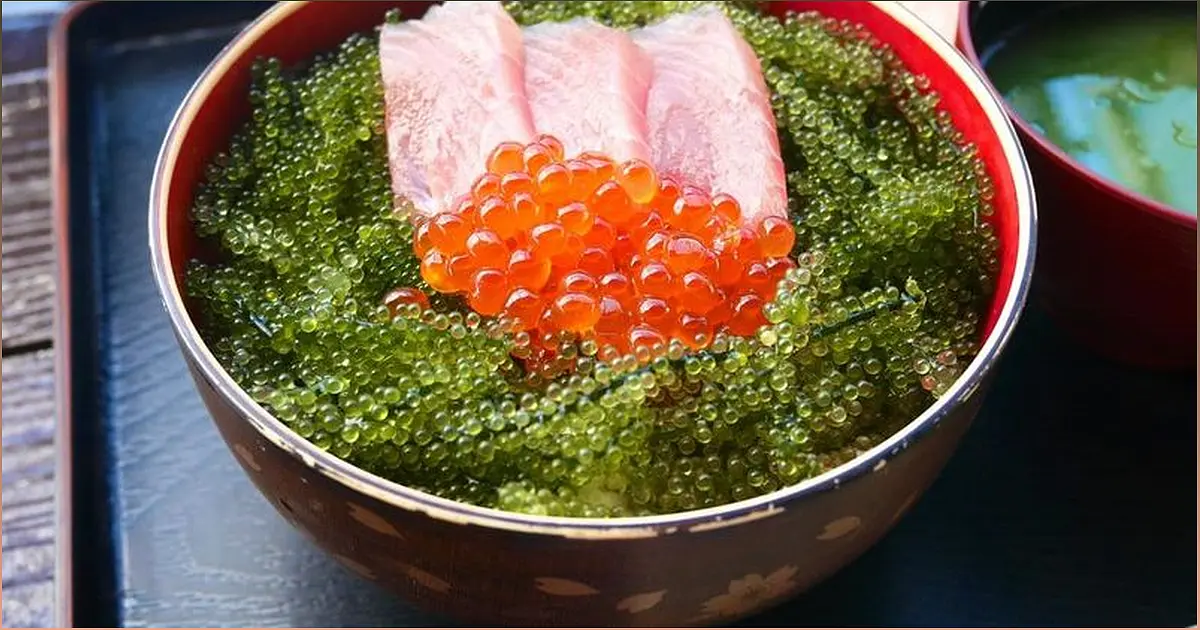Indulging in caviar has long been associated with luxury and opulence. However, beneath its prestigious facade lies a dark reality. Counterfeiting and illegal trade are rampant in the caviar industry, endangering sturgeons and compromising the authenticity of the caviar you enjoy. In this article, we delve into the hidden world of caviar, exposing the risks and challenges faced by this sought-after delicacy.
The Threat to Sturgeons and Illegal Caviar Trade
Unveiling the risks faced by sturgeons and the illicit trade of caviar
Sturgeons, the source of caviar, are facing a grave threat due to illegal practices and overfishing. The demand for caviar has fueled a black market trade, jeopardizing the survival of these magnificent fish.
In a recent study, it was discovered that a significant portion of caviar being sold in Europe comes from companies that violate regulations meant to protect endangered species. Shockingly, some samples even contained fake products and unidentifiable DNA.
The illegal caviar trade not only puts sturgeons at risk but also undermines the authenticity and quality of the caviar consumers purchase. It is imperative to address this issue to safeguard the future of this delicacy and the ecosystems it relies on.
Jahrl's Groundbreaking Study Exposes the Truth
Uncovering the groundbreaking research on illegal and fake caviar
Jutta Jahrl, a conservationist, and her team conducted a pioneering study using isotope analysis and genetic testing to identify illegal and counterfeit caviar. This scientific approach provided detailed insights into the origin and composition of the caviar being sold.
The study revealed that illegal caviar is widespread in several European countries, with a significant percentage of samples violating regulations. It exposed the existence of a thriving black market for caviar, driven by the high demand for this prized delicacy.
Jahrl's research highlights the urgent need for further market analysis and stricter enforcement of regulations to combat the illegal caviar trade and protect both sturgeons and consumers.
Legal Challenges and Ethical Concerns
Exploring the legal and ethical issues surrounding caviar production
While efforts have been made to regulate the caviar industry through organizations like CITES, there are still significant challenges to overcome. Better enforcement of rules and regulations is crucial to combat counterfeiting and ensure sustainable caviar production.
Furthermore, ethical concerns have emerged regarding the treatment of sturgeons and the prioritization of profit over animal welfare. The rise of 'no-kill' or 'humane' production methods aims to address these concerns, but debates persist about their impact on the quality and sustainability of caviar.
It is essential to strike a balance between preserving the delicacy of caviar and ensuring the well-being of sturgeons and the environment. The industry must navigate these legal and ethical challenges to secure a sustainable future.

